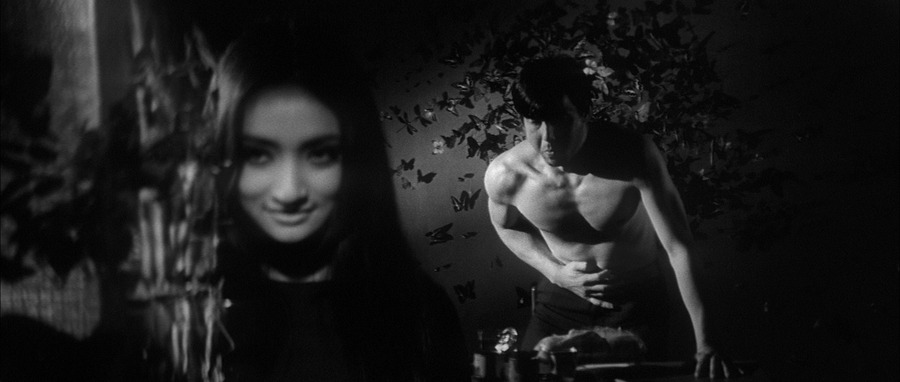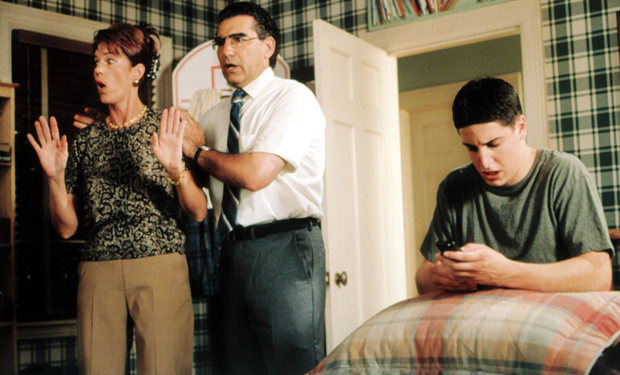Movie of the Week: Tess (1979)

Roman Polanski directs Nastassja Kinski, Peter Firth and Leigh Lawson in this prestige adaptation of Thomas Hardy’s classic about an innocent Wessex lass whose life is destroyed by the men around her.
On a purely qualitative level I struggle with Polanski as for every masterpiece like Repulsion, Rosemary’s Baby or Chinatown; there is a dud like The Tenant or The Ghost. Partly his problems come with the limitations imposed by his exile from the Hollywood studio system. If he wanted to work at the scale he was accustomed to at any point in my lifetime he would have to return to the US and face statutory rape charges for which everyone agrees he is guilty. It explains why nearly all his recent movies are compromised or limited. You couldn’t say that about Tess though. It is a glorious production, elegantly paced. Yes, it deals with a young girl being raped, and the rapist is sympathetically dealt with and somewhat charming… but Polanski doesn’t shy away from the grim inevitablity of the act, its prolonged unavoidable consequence for his heroine nor look for any forgiveness for her transgressors. What happens in the act itself is desexualised, the gory details lost in the fog, both figuratively and literally. Beyond what Polanski’s grim personal history forces on the viewer, his Tess is a superior period piece. It looks lush with Geoffrey Unsworth’s heavenly, bucolic exterior shots capturing the magic hour light perfectly. Kinski struggles with the accent but when silent and physical she is wonderful. Watching her whistle at caged bird is a moment of ironic horror for her fate, seeing her crucify herself by stubbornly perusing more and more gruelling work as she slips through society’s cracks is very affecting. There is also the slowly unwinding exploration of civilisation versus pagan traditions, references to which often wangle their ways into the proceedings. We end up stranded on Stone Henge surrounded by the newly formed police force. But with ancient stones and ways chafing against closed church doors and graffitied scripture much earlier, it feels like this destination was predetermined long before Tess innocently states she’d much rather work than pursue the life of a D’Uberville.
9
My Top 10 ‘Most Beautiful’ Movies
1. Miller’s Crossing (1990)
2. Dances With Wolves (1990)

3. The Hudsucker Proxy (1994)
4. The Royal Tenenbaums (2001)
5. A Matter Of Life And Death (1946)
6. Amelie (2001)
7. Ghost in the Shell (2017)
8. Days of Heaven (1979)
9. Barry Lyndon (1975)
10. Tess (1979)









